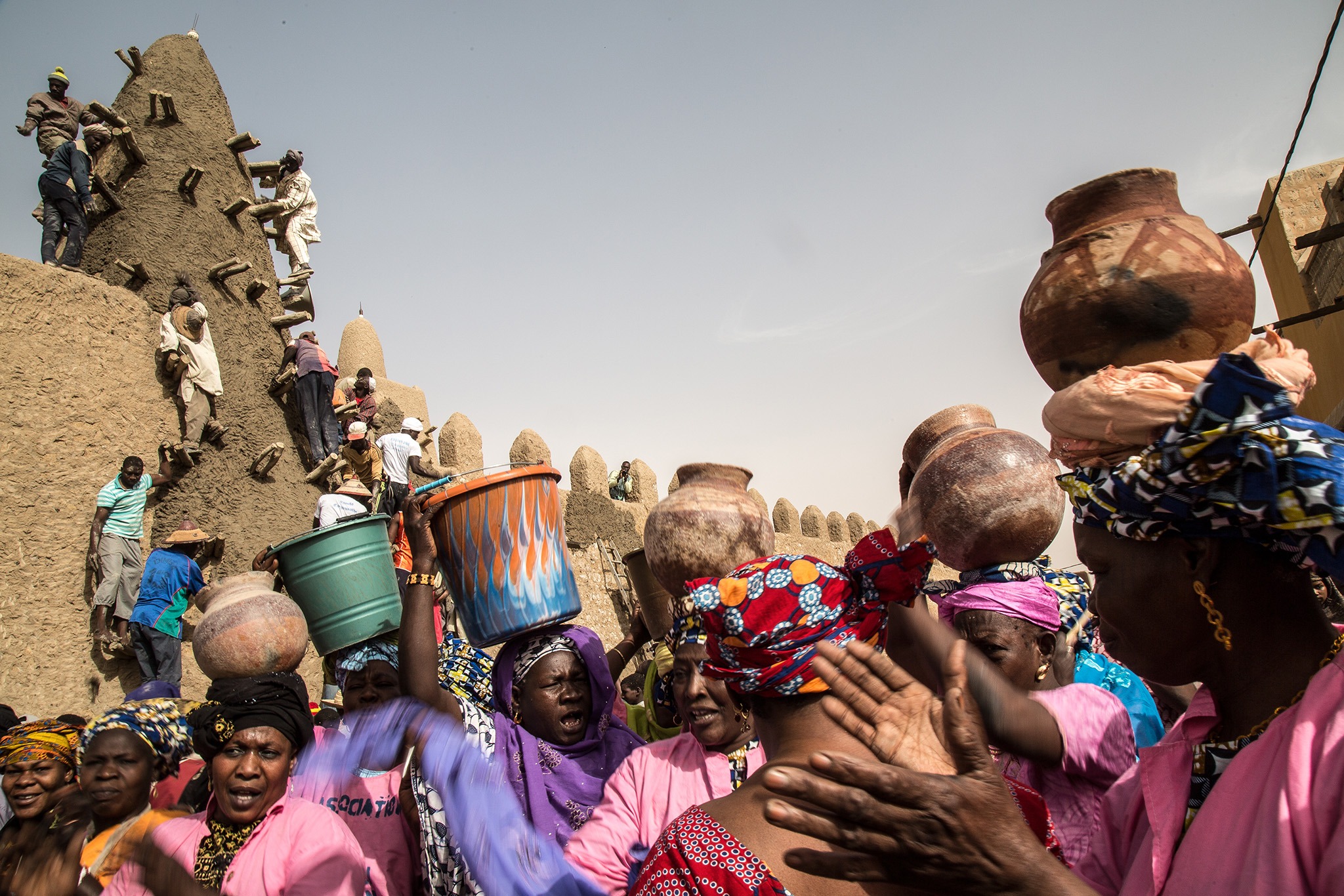Mali intensifies efforts to eradicate descent-based slavery with new advocacy strategy

From October 16-18, 2024, a workshop at the University of Private Excellence (UIE) in Mali marked a pivotal step in the fight against descent-based slavery, as stakeholders gathered to craft a strategy for the adoption of an anti-slavery bill.
The initiative, led by the DRL Project “Combatting Slavery and Slavery-Based Discrimination in Mali” in collaboration with Anti-Slavery International, aims to enact a legal framework explicitly banning slavery by descent in the country.
According to Ibrahim Cissé, the Project Coordinator, this workshop built upon previous discussions held in July 2022, seeking to equip Mali’s anti-slavery actors with an operational advocacy plan to fast-track the adoption of this bill. “Slavery tarnishes and erodes our nation’s global standing.
To justify the unjustifiable, a disturbing theory was fabricated that certain races are inherently inferior to others,” stated Cissé, emphasizing the urgent need for action.
Zoumana Diarra, representing the National Coalition Against Slavery in Mali (CONALEM), highlighted the persistence of descent-based slavery within specific communities, a practice that has endured across generations.
He cited Mali’s commitment to various international conventions condemning slavery and referenced Article 4 of the Malian Constitution, which guarantees the freedom and rights of all citizens, stating, “No one shall be held in slavery.”
Diarra praised the government’s commitment, noting a landmark 2023 session of the Kayes Assizes Court that punished acts linked to slavery.
However, he stressed that “the fight against slavery must be concrete and not merely confined to international commitments; the adoption of a specific law is crucial to make this struggle more effective and visible.”
CONALEM and other civil society organizations have played a central role in this campaign, with backing from the International Labour Organization, Anti-Slavery International, and local coalitions.
Diarra commended these organizations’ dedication to human rights and the welfare of those affected by descent-based slavery, saying, “Ending slavery requires bold reforms and concrete actions.”
Oumou Niaré Samaké, Coordinator of the National Committee to Combat Human Trafficking and Related Practices, emphasized that legislation is essential in this fight.
“Descent-based slavery remains a severe form of human trafficking and exploitation.
This law will provide legal practitioners with the tools to prosecute these acts effectively,” Samaké said.
She credited the Minister of Justice, who has been instrumental in the bill’s creation, stating, “This bill is close to his heart.”
With momentum building, participants, including local consultant Dr. Abba Touré, emerged from the workshop with a well-defined advocacy strategy and action plan to ensure that the proposed anti-slavery law finds swift adoption.
As international support and national resolve converge, Mali moves closer to ending a centuries-old practice through a robust legal response that promises to bring justice to its victims and secure a future free from descent-based discrimination.
About The Author
dailymailafric
I am an avid African news observer, and an active member of Daily Mail Africa.
I’m Passionate about staying informed on diverse topics across the continent,
I actively contribute to publishing on political, economic and cultural developments in Africa.



